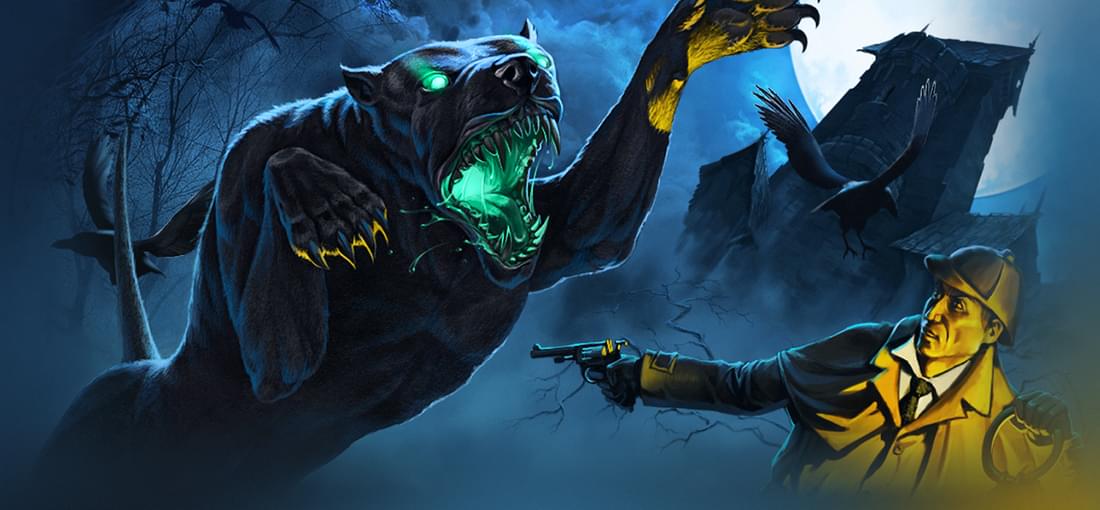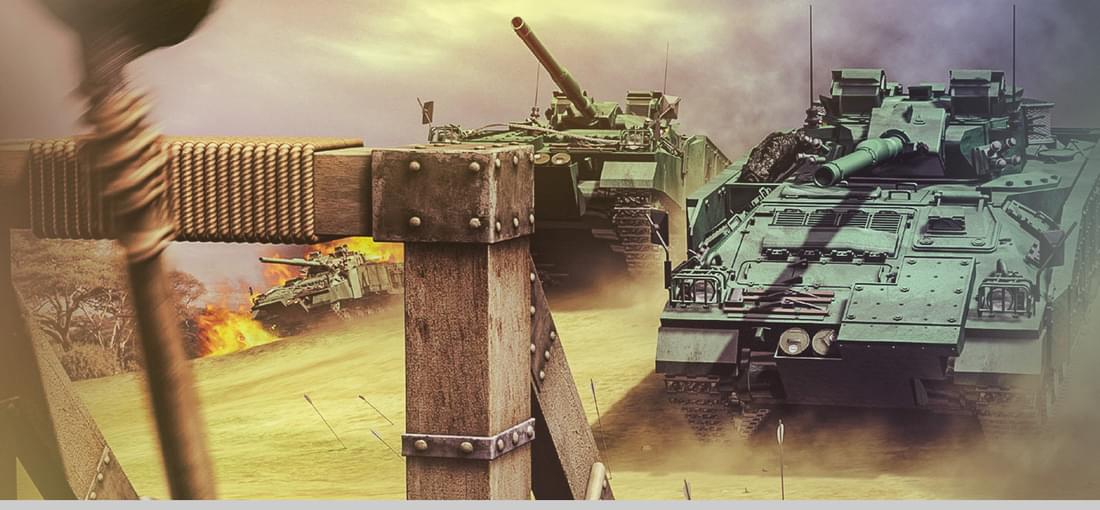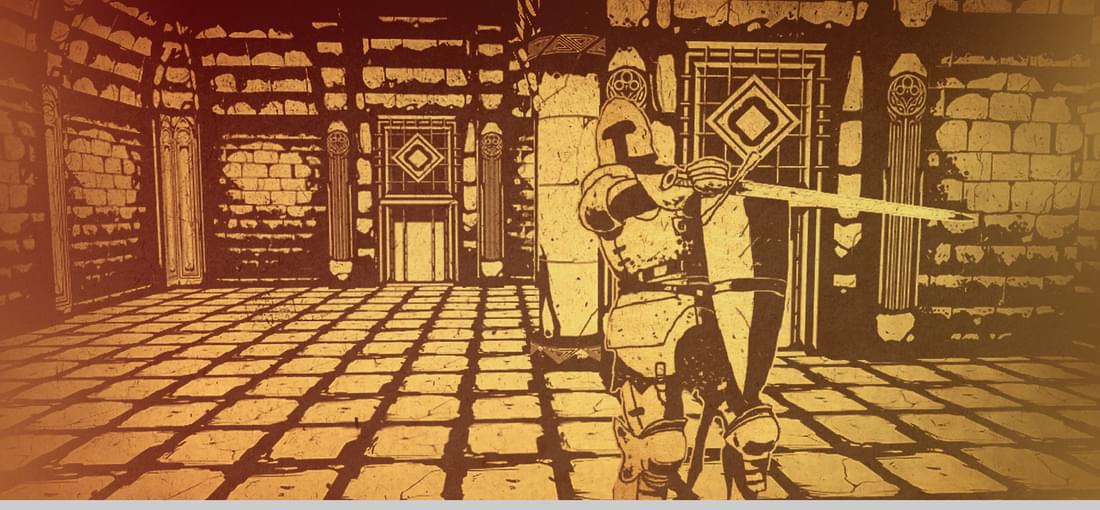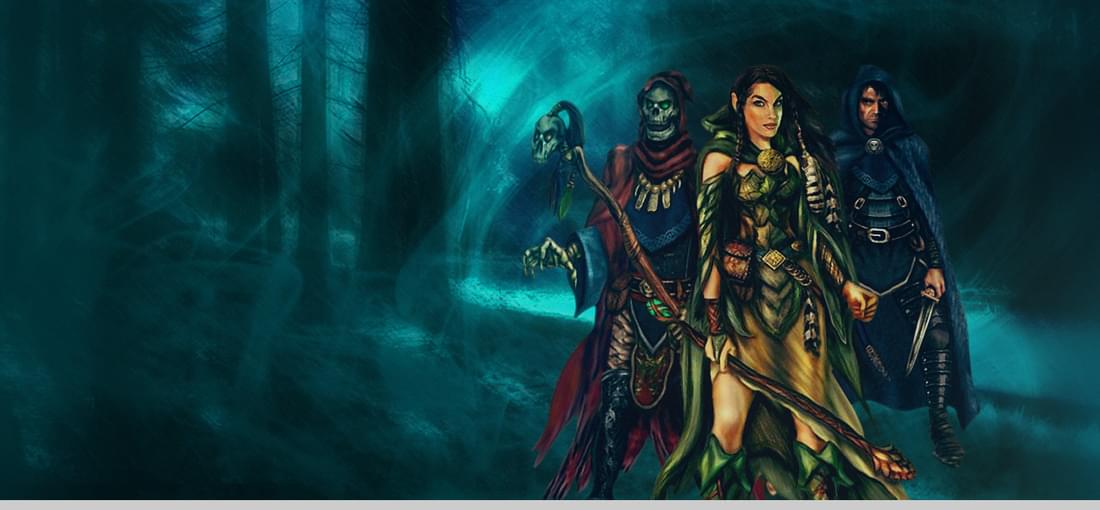


A nice little game, which combines hidden object screens with a few logical puzzles. If you disregard the name and fictional universe where it's set, it offers about four hours of enjoyment. Unfortunately, the purists may be a little disappointed as the supernatural themes are more Lovecraftian than fashioned after a Holmes story, and even those who can overcome this dislike (such as me) may be disappointed by the abrupt ending. What did please me, on the other hand, is persistent saving, which saved me quite some time when the game crashed on me. Objectivelly speaking, the game reeks of bargain bin. Despite the gameplay being very entertaining, it's at most four hours long. The graphics and soundtrack are very low-end, and animations consist of paper cutout movements. Once you see this title on sale, conside buying it, but at the full price it's not worth it.

Civilization III is an excellent game, but more than offering enjoyable gameplay, it serves as an important stepping stone to the later games. It offers unique enough experience that some players will find it more appealing than other titles in this series, but I was left a little unfulfilled playing this. Civ III tried to revamp the gameplay, as known from Civ II. With the success of Alpha Centauri, which managed to revolutionize the Civ concept while still feeling like part of the series, Civ III tried to take the best of AC and apply it here. One of the main features it took was the concept of cultural borders, and consequently cultural victory. Cities produce culture, which in turn generate national borders, within which other nations cannot build their cities. The borders may expand, and ultimately swallow and take over enemy cities. Unfortunately, the designers did not balance the game well for this feature, and what you get is a mad rush to settle every small neutral piece of land. This results into a checkerboard map and cities that can't grow sufficiently; they only serve to occupy a piece of land. The second major addition was unique traits for different civilizations. Some produce more money, others can generate military buildings faster, etc. However, these traits are fairly minor, and don't differentiate different factions to the extent that Alpha Centauri does. The third change is the introduction of strategic resources. These are required to build certain structures or military units. Here, too, the feature was not thought out too well, as the resources often pose as bottlenecks to further progress or even victory in the game. All in all, Civ III is a very enjoyable game. However, I feel that Civ IV improved on all the concepts so much, that I keep playing it only when I feel particularly nostalgic.

If you are a "one more turn" addict, chances are you won't get a better deal. The replay value of Civ 4 is so high that you'd be spending pennies on an hour of play, if not less. Civ 4 has greatly improved on what Civ 3 started with its new direction of culture and resource management. Most importantly, the checkerboard tactics, where settlers try to create cities in every nook and cranny outside one's cultural borders, is gone. In fact, the AI mercilessly punishes players who build enclaves away from their main area of influence. Build a city that protrudes into an enemy's territory, and you can be certain it'll be attacked. The other major change from the previous game is that resources are not necessary to complete projects; they largely speed up the progress. The main additions that Civ4 brought to the table were religion, government fine-tuning and (in a later expansion included here) corporations. Religion plays a major role, not only for cultural expansion, but also to placate your citizens and as a means for improving your economy. Without religion, financing large empires would not be possible. Government types now resemble Alpha Centauri: you can pick legal, political, economic and other traits and combine them into a government at your liking. Corporations are a neat idea, allowing you to improve the production of your cities, as well as generate some resources artificially, but I felt this feature needed more playtesting before being released. The final feature worth mentioning is the great quality of mods included in the Beyond the Sword expansion. These scenarios are just as good and replayable as those found in the Civ II Fantastic Worlds expansion. Personally, this game has nearly replaced the original Civilization in my regular gaming. I spent thousands of hours with this game, and I intends to spend countless more. For me, Civ4 is the pinnacle of the series.

The lack of first-person dungeon crawlers has made all new entries into this category seem better than they really are. While some games are truly great, others fall short. Paper Sorcerer is one of the latter: while neat as a short distraction from overwhelming worlds or top-down RPGs, it is still very rough at the edges and has the feel of an unfinished game. Paper Sorcerer has a few things going for it: * The production: graphics are very stylish, adding to the atmosphere. Soundtrack is quite good as well. I was surprised how well they work together: both as art and technology. This was one of the smoothest games I've played in a long time. * The story: quite unique, playing the bad guy. Party selection also worked for the game's favor. Unfortunately, the game seems far from finished. My three biggest gripes are: * The interface. Just the party and equipment menu is bad enough. However, I was sorely missing any kind of feedback during combat, on enemy statuses. * Bugs towards the end of the game. In the last segment of the game, some doors and chests didn't work. The game thus felt rushed at the end. * The end credits. Nothing short of Crtl-Alt-Del allowed me to escape the game once the never-ending (and looping) special thank-yous started rolling. Had a good user interface designer and a tester joined the team, this game had the potential to be great. As it is, it's just another independent game worth $5, but not more.

Might and Magic IX was touted as the next-gen title in the series, with a brand new 3D engine. 3DO had little choice in this - MM8 already has been criticized for outdated graphics and physics, and the company had to come up with something new. Unfortunately, the result was nothing short of horrible. The retail version of the game, after its one and only patch (3DO abandoned all support for the game short afterwards) kept crashing every few minutes. The lack of proper testing ensured that there are a lot of game-breaking quest hangups, if you do anything wrong. And the story is too far removed from the rest of the M&M universe. The only redeeming feature I can think of is the dungeon design. With a single exception (a jumping-and-running style dungeon for which its designer would surely burn in hell), all dungeons are superbly designed. This was one of the very few games where I actually took great care when moving forward, fearing the pretty nasty traps. All in all, though, if the game didn't get a full overhaul at GOG to make it playable, I can't recommend it.